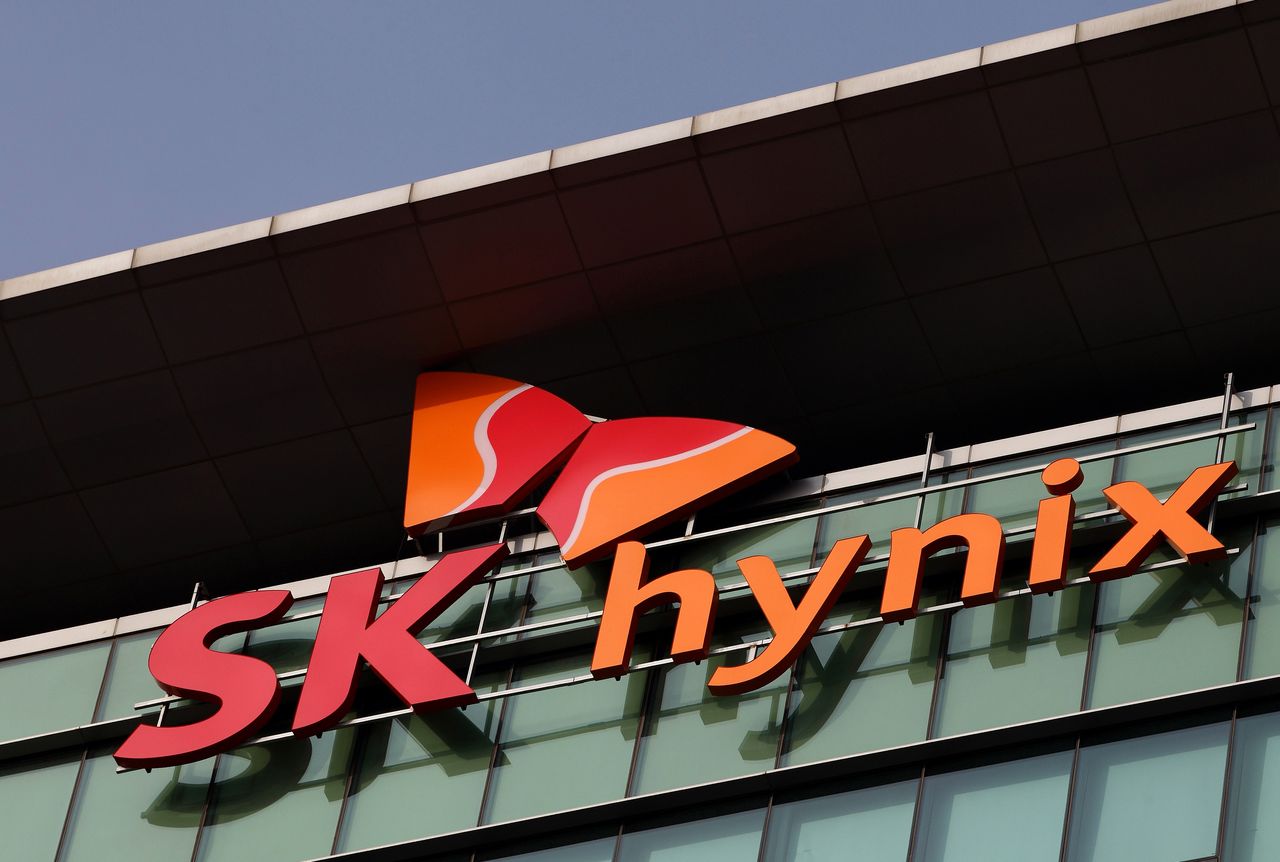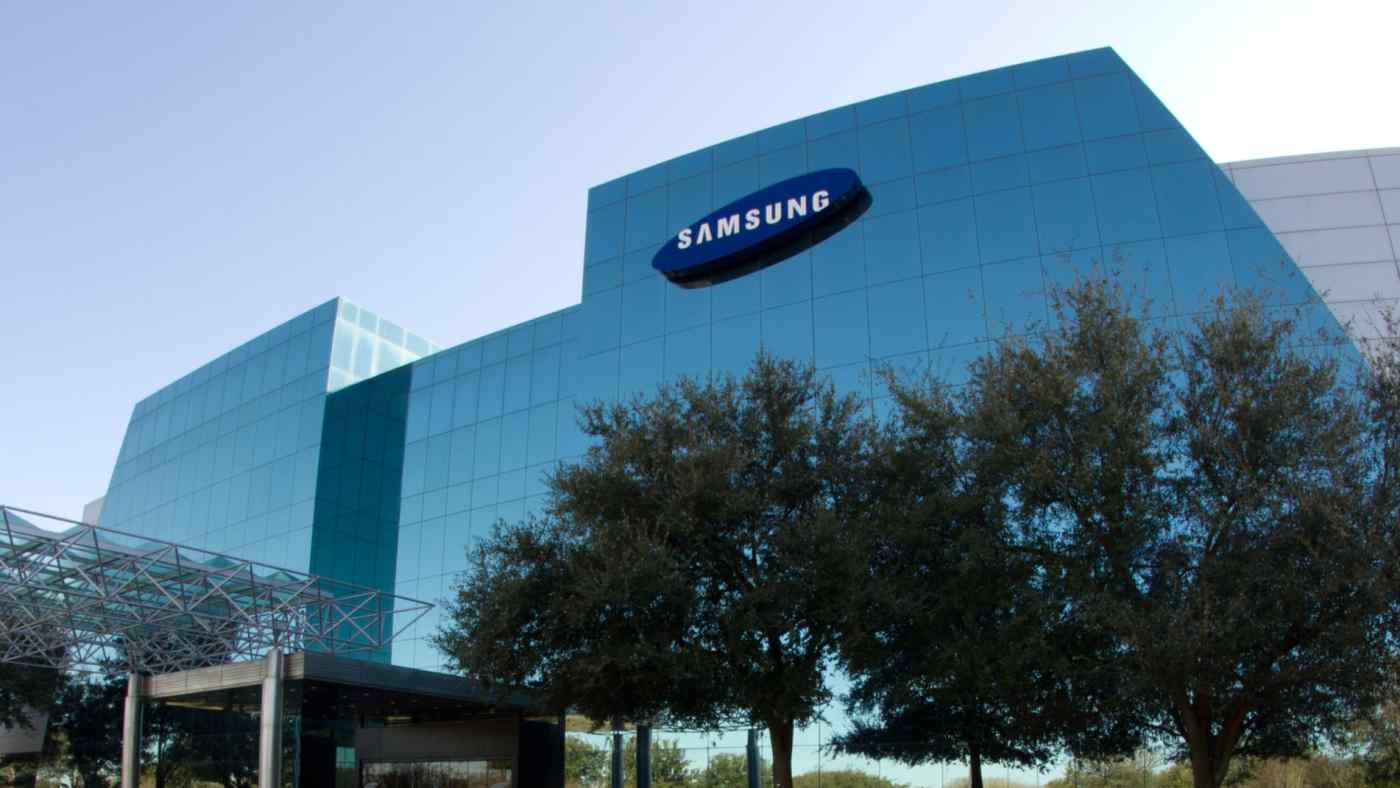
Let's play a game of "guess the US administration's next trade war move"—too late, you lose (me too). This week in the thrilling tale of most likely intentionally jarring ups and downs that is United States import/export policy, the Trump administration is reportedly considering allowing memory manufacturer giants Samsung and SK hynix to have their machinery shipments exported more smoothly from the US to plants in China thanks to a new in-advance annual approval system.
That's according to people "who requested anonymity to disclose sensitive conversations" between the US government and South Korean industry officials, reports Bloomberg. And it's straight off the back of the US revoking the two companies' previous exemptions that allowed for easier exports to their China plants.
The previous US administration had granted Samsung and SK hynix Validated End User status, which allowed them to ship their machinery over to their Chinese factories within rough estimates. A week ago, the Trump admin revoked this, which might have meant the companies would need to gain approval for each and every shipment, something that could slow exports down considerably.
Now, the US is reportedly proposing that Samsung and hynix will be able export more exactly specified quantities of machinery if this is approved in advance, annually.
Although this wouldn't be a reinstatement of the VEU waivers, and although it might be difficult to predict an exact amount of machinery required each year in advance, it should be better for the two memory manufacturers than per-shipment approvals. Better for share price, too, one would assume; both companies' stocks dipped after the VEU waivers were revoked, but have been climbing again since.

According to Bloomberg, a South Korean trade official explains that the US is concerned about “technology leakage or equipment being diverted to Chinese firms", thus the desire for more exact accounting of what's going where, in advance. All part of the technological arms race, then.
It's also pretty much par for the course in 2025, is it not? The Trump admin has already been doing the Hokey Cokey with even the biggest chip manufacturing companies such as TSMC, seemingly as a means to get better deals for the US. Most recently on this front, the US administration revoked TSMC's special export privileges.
That shouldn't be as big of an issue for TSMC, though, as less of its manufacturing is done in China than Samsung and SK hynix. The latter two do a lot of production in South Korea, but a not-insubstantial amount of production goes on in mainland China.
All of this is pretty far upstream from our graphics cards, SSDs, and memory kits, but it is the same stream. Slow-downs in memory manufacturing thanks to restricted exports can ultimately end up in fewer and more expensive SSDs, RAM, and graphics cards that use this memory. So, it's good to hear the two memory companies might be offered a "path forward", as the anonymous sources reportedly phrase it, higgledly piggledy though it might be (that addition being mine).







